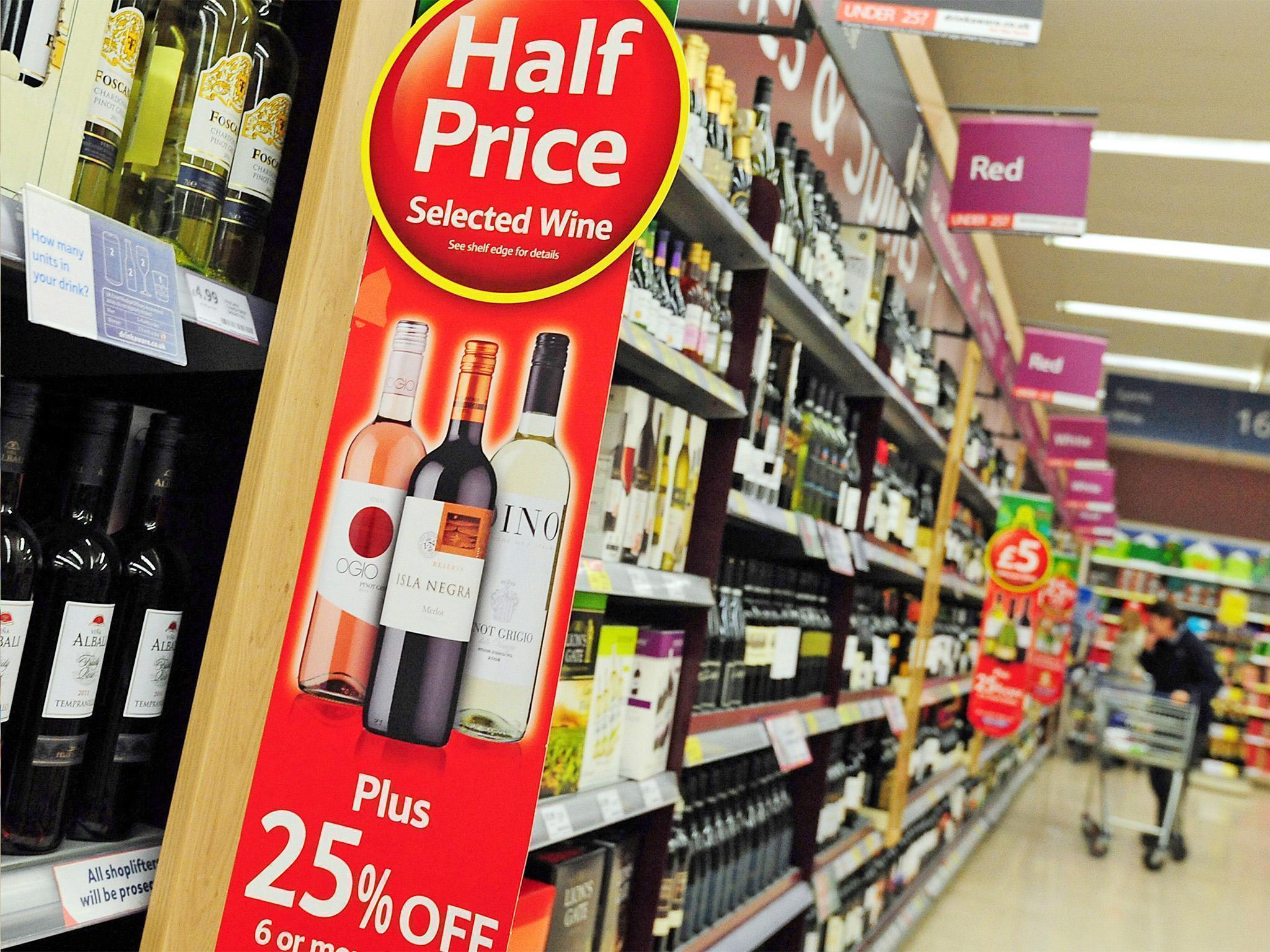Supermarket deals: Majority of shoppers cannot identify which special offers are best value, research says
Consumer survey finds three-quarters of people regularly overspend due to special offers and bogof multi-buy deals

The vast majority of shoppers cannot accurately identify which bogof – or buy one, get one free – and other special offer deals are the best value for money, according to new research which found people overspend by an average of more than £1,200 a year.
The Government-backed Money Advice Service (MAS) asked more than 2,000 consumers to select the cheapest options when presented with four sets of offers as they might be found in a supermarket.
Just one in 50 people selected the best-value option from all four sets of offers. About three-quarters of people answered at least one question correctly.
The MAS also found that over three-quarters of people regularly spend more than they mean to in the supermarket, due to special offers and bogof multi-buy deals.
On average, people said they spend £11.14 more than they intend on each shop. As the average shopper visits the supermarket 2.2 times a week, the MAS calculated that this could lead someone to spend around £1,274 a year more than intended.
Hunger, boredom and children’s “pester power” were common reasons people gave for piling more into their trolley than they had intended.
Six in 10 people said shopping on an empty stomach makes them spend more. In this scenario, women were more likely to stock up on chocolate, sweets and pastries, while hungry men were more susceptible to buying meat and alcohol.
Nearly one in three people spend more when they are bored, while a quarter blamed pressure from children.
The research also found that people who made a shopping list – and stuck to it while in the supermarket – typically spent £200 a year less than those who rarely or never made a list.
Get a free fractional share worth up to £100.
Capital at risk.
Terms and conditions apply.
ADVERTISEMENT
Get a free fractional share worth up to £100.
Capital at risk.
Terms and conditions apply.
ADVERTISEMENT
Those who stuck to a shopping list spent £6,374 a year on average in the supermarket – £217 less than the £6,591 typically spent a year by those who do not bother making a list.
The MAS is an independent body set up by Government to offer people advice on saving money.
John Penberthy-Smith, customer director for the MAS, said: “The problem is that quite often we see a special offer at the supermarket and we don’t want to miss out – so we throw it into our trolley without really thinking about whether it is a good deal or whether we actually need it.
“Often deals can be difficult to understand and compare with other prices. Then there’s waste – even if the offers are cheaper, bigger packets or 50 per cent extra are not always good value for money if we end up chucking most of it away.
“The best thing to do if you want to save cash is to write a shopping list and try to stick to it. You can also try shopping when you’ve just eaten and you’re not tired.”
Press Association
Join our commenting forum
Join thought-provoking conversations, follow other Independent readers and see their replies
Comments
Bookmark popover
Removed from bookmarks